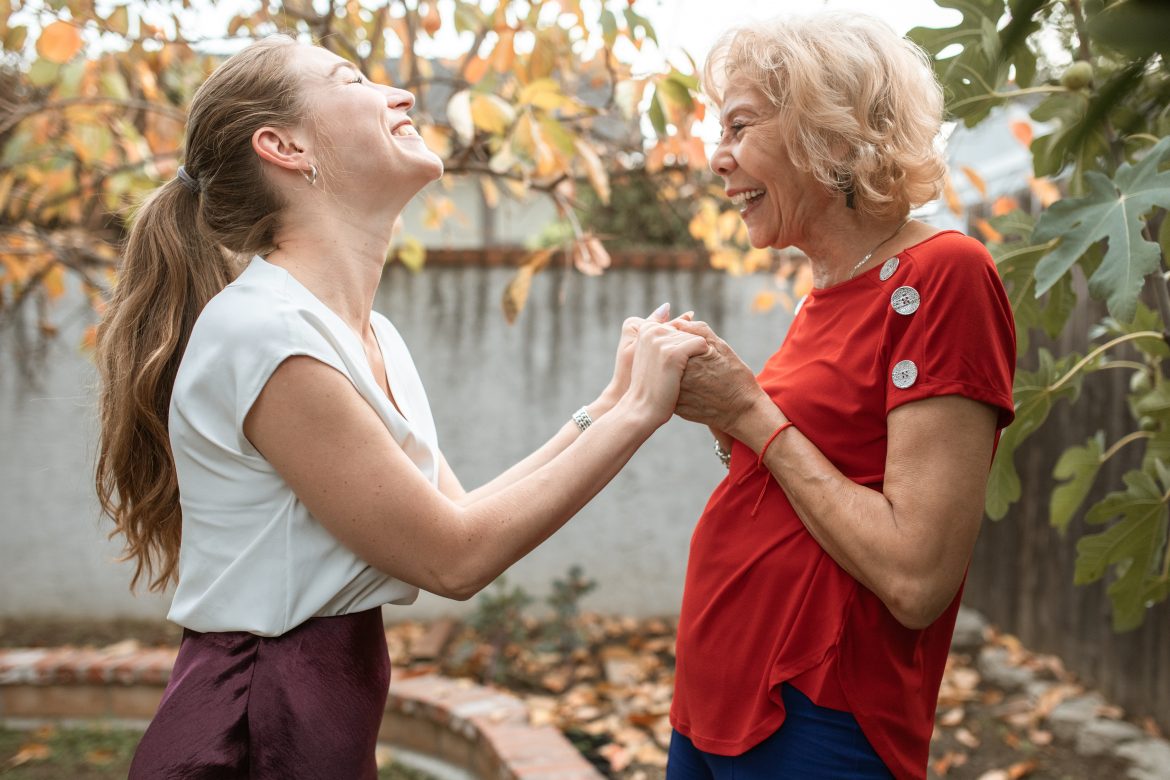While the festive season is filled with long tables of food, celebration and gifting, it is also a time to reflect on life and feel deep thankfulness. It’s about looking around that long table and remembering how each one of the people surrounding it bring happiness to your life. I’m talking about being grateful.
Gratitude is acknowledging that the source of the goodness we experience in life lies partially outside of ourselves. It is seeing that the goodness in our life is not just down to our hard work or dedication but also down to what and how others have contributed. What better time to practice gratitude than now?
Local yoga and meditation teacher Tatjana Lucia takes us through the three basics steps of practising gratitude for greater happiness and a heart more connected to the community around you.
View this post on Instagram
Savour
There’s a wonderful story on learning real gratitude by American author AJ Jacobs. You can listen to his Ted Talk on how his journey to thank all those involved in his morning cup of coffee changed him for the better here. In explaining what gratitude is, AJ notes: ‘psychologists talk about how gratitude is about taking a moment and holding on to it as long as possible. And slowing down time, so that life doesn’t go by in one big blur, as it often does.’
This is the concept of savouring and it is important to feeling grateful. It’s like when you have an incredible bite of chocolate cake and you chew extra slow to make it last forever! When we experience a moment of natural gratitude (that is, one which comes unprompted), Tatjana urges us to pause and ‘absorb that feeling of deep, heart-centered gratitude. Soak it up. Savour each and every blessing in the moment it is unfolding.’
As a tool to stay in the present, take each minute without judgement or worry for what lies behind or ahead. It is similar to practising mindfulness.
Try it
Begin by closing your eyes and thinking of a few things that have made you feel truly grateful, that deep heart-centered gratitude. Start small, whatever is manageable, perhaps with moments in the past that you recognise as moments of gratitude. As you build this everyday routine, you’ll be able to think of new, recent moments of gratitude.
‘Picture these things in your mind,’ says Tatjana, ‘and sit with that feeling of gratitude in your body.’ This meditative exercise, practiced every day, will teach your brain to be more naturally grateful.
Notice
‘Gratitude does not have to be saved for the “big” things in life,’ says Tatjana. ‘The habit of being grateful starts with appreciating every good thing in life and recognising that there is nothing too small out there for you to be thankful for.’
This is inherent in the journey of gratitude that Aj Jacobs experienced: it took AJ months to thank the people involved in making his daily cup of coffee. Although it was a small pleasure in his life, AJ discovered that it took thousands of people to make it happen. Suddenly that small cup of coffee didn’t feel so small!
Often because things or people form part of our normal every day landscape they become small and unnoticeable. We forget the role each small thing plays in the bigger picture of life.
Try it
Make sure to hone into the beauty of the small things. Thank everyone involved in bringing the little joys to your day. Smile at your barista, generously tip your waiter (he might share the tips with the chefs who make your meal), and appreciate those who work in jobs that make your life so much easier (like food delivery men!).
Express
When we express our gratitude, we allow it to grow. Not only will your own experience of gratitude be enhanced but in expressing gratitude you pass it on by sharing it with someone else.
Try it
Simple phrases to use are: ‘It was kind of you to…’ or ‘It really helped me out when you…’, but even a small ‘thank you’ goes a long way. Tatjana suggests paying it forward with random acts of kindness. Do the dishes, even if it is not your turn, pay for the coffee of the person behind you in line.
But also ensure the people in your life know the impact they have made on you. ‘Be heartfelt and honest in expressing your feelings. We can all be saying “thank you” and “I love you” more than we do,’ says Tatjana.

